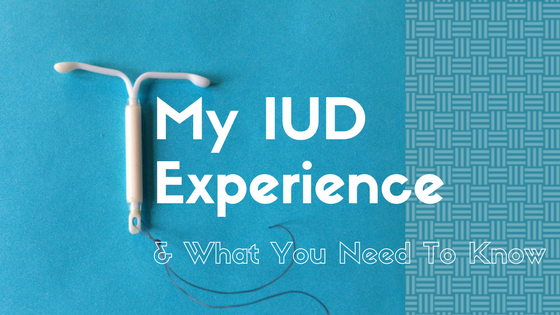The Guilt About Waste
Many of us have grown up being told to "clean our plates" to not waste food, and even to continue eating food to the point of physical discomfort to get "our money's worth".
For many of us, this is a cornerstone of our disordered eating behaviors as adults. For some people this manifests as bulimia, excessive exercise, or simply the guilt and shame that accompanies our painfully full stomach.
So how can we battle this?
I think a good place to start is to confront our concept of "waste", especially in regards to food. Not finishing a meal, a snack, a pint of ice cream, or a sandwich and throwing it away does not make you a soulless person. Yes, there are many people in our world that could use more food, but forcing yourself to eat food so as to not "waste" it, doesn't help those people anymore then throwing away your food. This is just another way that we moralize our food, and its another way that capitalism sneaks into our relationships with food. This obsession with waste in regards to how much we eat is almost always centered in getting our money's worth of food, and with promoting the idea that people who leave too much on their plate our just selfish people who want to let the world burn.
It's also a good idea to look at how this focus on waste doesn't benefit you as a person or your life at all. Instead it encourages us to ignore our bodily cues of satiety on a regular basis, and to view food as some form of moral penance or due, instead of something to be savored and enjoyed.
Make sure to take your time when eating your meals. Extra points if you are able to sit down and eat too. Eating slowly allows time for you stomach to communicate with your brain when it is full. Pay attention to this dialogue. It will take time to relearn your bodies cues (especially if you are not used to hearing them) for hunger and fullness. Eating slowly allows you the time and space to become aware of these cues.
We can also focus on actual food waste in ways that do not require us to ignore our internal dialogue. This focuses more on how much you buy, etc. If you buy two bags of lettuce mix every week, and only eat one, and end up throwing out the other because it goes bad before you get to it, stop buying two bags at once. Just buy one bag. Same with bread, or other highly perishable foods like fresh vegetables, and fruit. Only buy the amount you know you can eat before it goes bad. If you aren't sure just start with two or three individuals and see how long they last you. If you are starting to cook more it helps a lot to put the amount of any herb or vegetable that you need for a recipe on your shopping list. So many times I have bought three onions to find out that only needed two tablespoons of chopped onion for a recipe! Being able to know how much I actually need helps me to only buy what I need.
And as always you can always donate food to your local food bank if you are able, or feel free to purchase meals for people who you think need it. But punishing yourself in the name of preventing food waste does more harm in the end.
How has the concept of "cleaning your plate" affected your eating habits? How do you cope with it? Let me know in the comments below!
Photo by Jay Wennington on Unsplash



Comments
Post a Comment